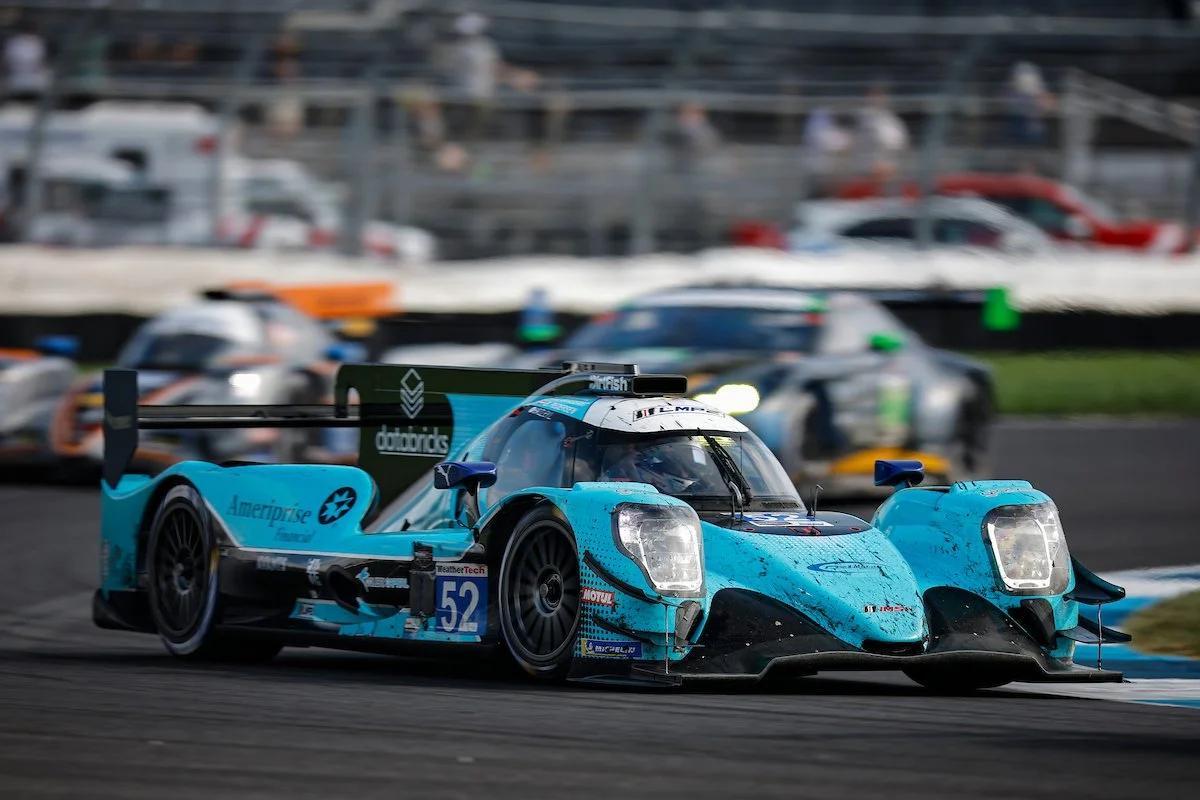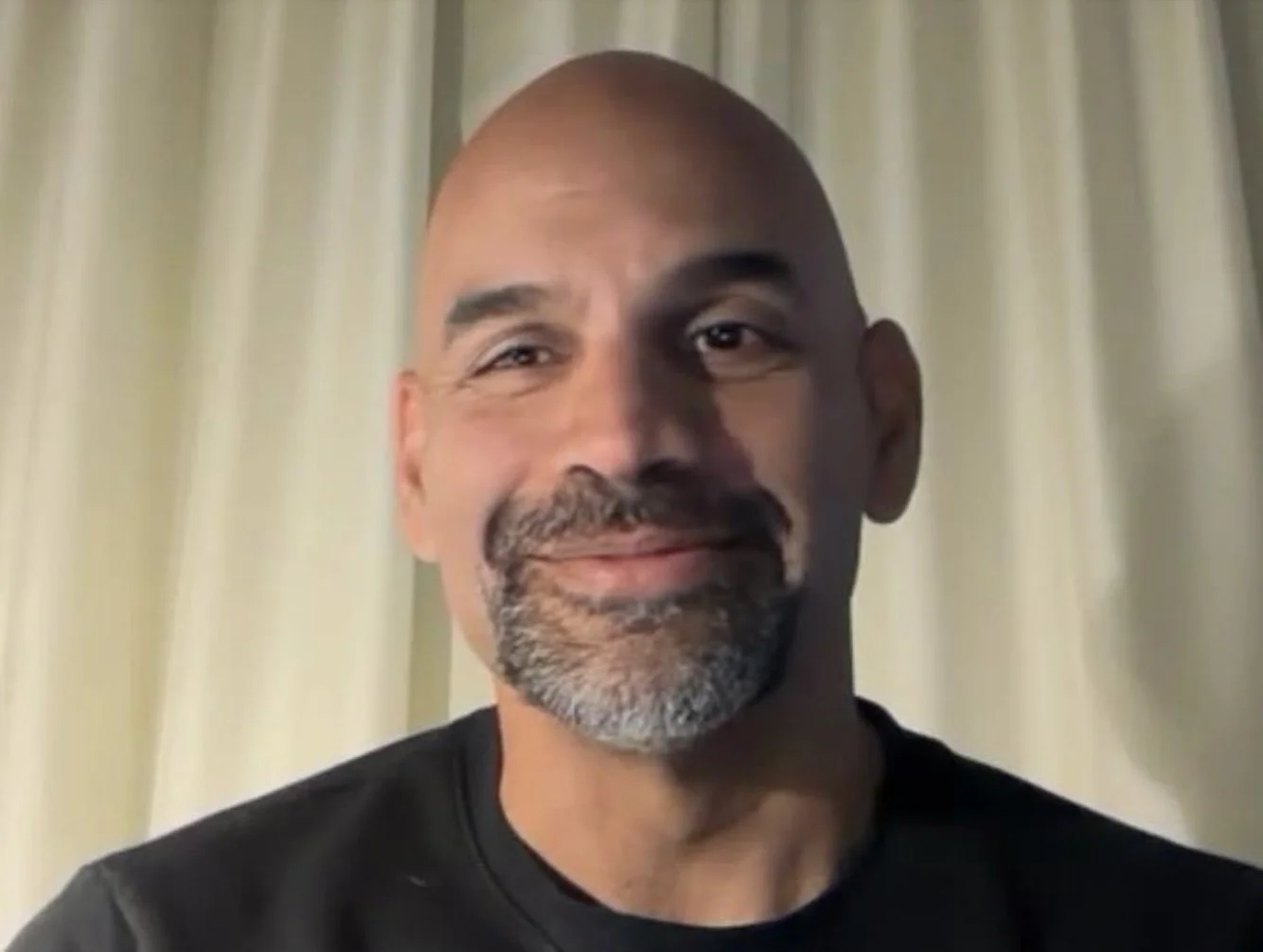How AI Will Impact Motorsports
Jake Galstad/Lumen Digital Agency/IMSA
By Dennis Krause
As artificial intelligence becomes more ubiquitous in everything that touches our lives, what will AI’s impact be on auto racing?
There’s probably no one more qualified to address that topic than Naveen Rao, co-driver of the No. 52 PRI/Mathiasen Motorsports ORECA LMP2-07 in the IMSA WeatherTech SportsCar Championship. The bronze-rated driver, who will team with Benjamin Pedersen and Logan Sargent in this weekend’s season-ending Motul Petit Le Mans ten-hour race at Michelin Raceway Road Atlanta, is a neuroscientist, AI perpetrator, processor architect, entrepreneur as well as the former head of AI at Databricks, a leading data and AI company.
As an industry expert, who just happens to race cars on the side, where does Rao see the potential for AI when it comes to motorsport?
“It is something I thought about for a long time,” Rao said, “and I've often wanted to try to combine those two passions of mine.
According to the 50-year-old San Diego native, there are several different areas where AI can have a big impact in motorsports.
“Strategy is a clear place where you can actually have a big impact. You know, you can ingest a lot of data. I mean, now we have tools and other things that can bring in a lot of information, but actually making a strategy call based upon historical trends that you feed to it, I think is something where AI can make a big impact. I'm pretty aware that some of the F1 [Formula One] teams are already doing this. Their strategy calls often come from an AI tool, obviously, with a grain of human experience kind of put on top of it.
IMSA
Rao, who began his racing career relatively late in life, finished 2nd in his debut season in Ferrari Challenge in 2017 and won the IMSA LMP3 (Le Mans Prototype 3) championship in 2020. Rao, who holds a Ph.D in computational neuro science and has founded several Ai startups, also sees AI helping teams get to a setup window more quickly.
“I think on the setup side using historical data from a team or from wherever you get that data to actually guide setup through, like chasing temperature variations throughout the day. Or, how does this track work from dry to wet setups or something like that? I think basically getting you into a window quicker, like a tighter window quicker, I think, is what I see AI helping with, I think that last bit of refinement still going to be human. It's just driver feel, talking with engineers, that kind of thing. But like getting that window sorted out quicker, is really a big impact.
“And then outside of that, you know, with the team in Europe that I was running with, we started building things like being able to query the rule books in a race situation, like, let's say yellow just came out and I had two wheels over the line coming into the pit lane. Am I legal or not? Can I ask a question really fast? And actually, AI tools are pretty good at this, to basically parse through all of the rule books and give me the answer in the citation.
“So these are the three big areas that I'm seeing right now. And you know, the setup side of it is still really nascent.”
But given the rate of AI’s development, it may not be in its infancy for long.
Dennis Krause has spent decades covering all forms of motorsports, including over 40 Indianapolis 500s, with stints at WIBA Radio, PIT PASS - Radio’s Premier Motorsports Magazine and Motorsports Minute. Follow him on X @DennisKrause500 or motorsportsminute.bluesky.social or motorsportsminute on Threads or MotorsportsMinute+ on Facebook.


